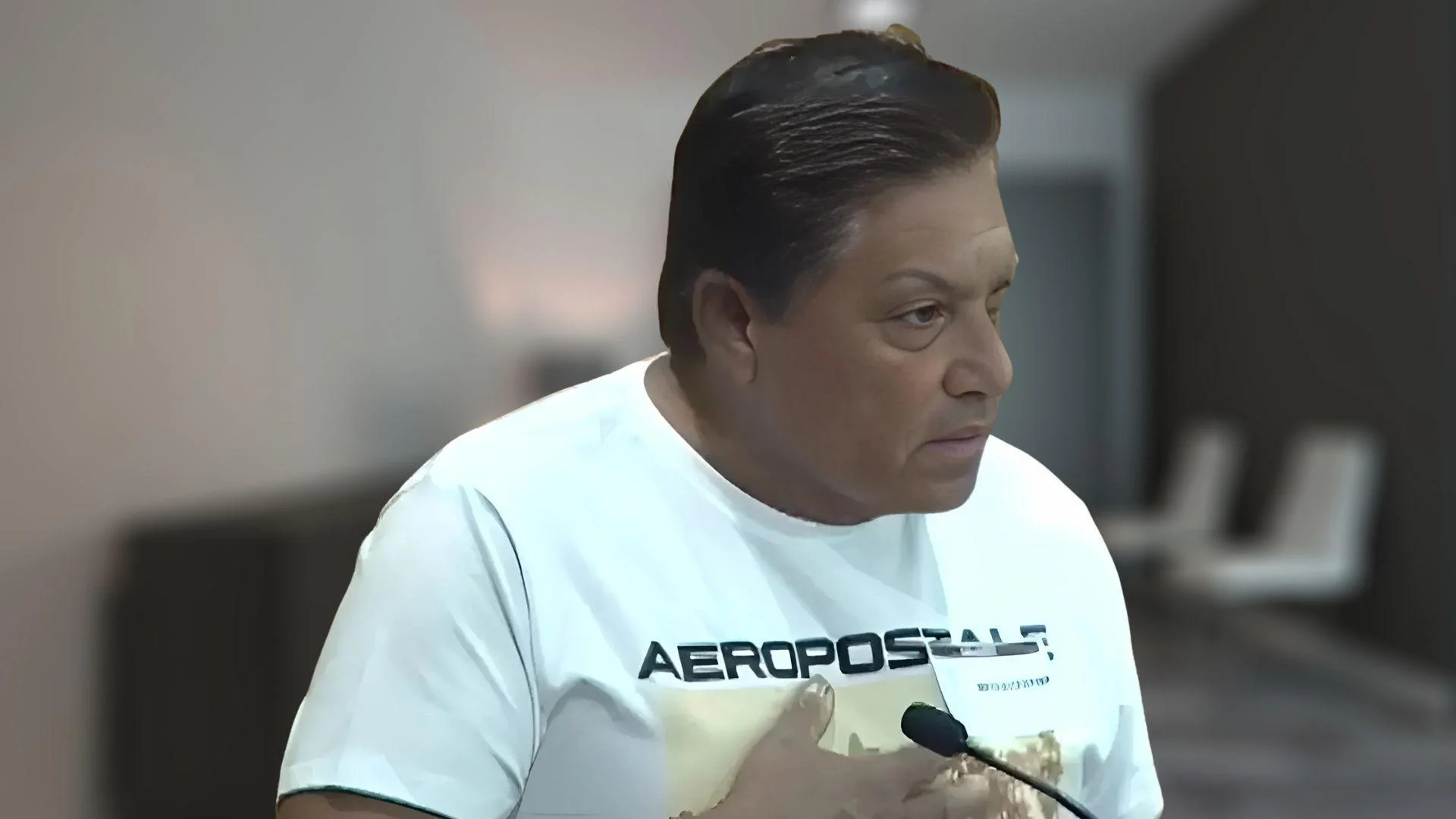Delta Air Lines initially placed a significant order for the McDonnell Douglas MD-90, a continuation of the DC-9 family and associated with the MD-88. Delta received only 16 new examples from the manufacturer due to McDonnell Douglas' merger with Boeing in 1997, which ended the MD-90 program prematurely. Years later, Delta acquired additional second-hand MD-90s from global airlines and spare parts to maintain its fleet.
In 1995, Russ Heil, Delta's senior vice president of technical operations, stated that the MD-90 promised fuel savings, the ability to carry larger loads, and reduced noise levels and emissions. The aircraft competed with Boeing 737 NG and Airbus A320ceo family and was called one of the quietest in its class.
Delta leveraged the MD-90's similarity to the MD-88 to save on pilot training and relied on the aircraft to serve both short-haul and longer North American routes. However, no MD-90s were delivered post-1997 after the Boeing merger. Delta expanded its MD-90 fleet by purchasing several used aircraft from global carriers, saving an estimated $1 billion compared to buying new planes.
 Alerts Sign-up
Alerts Sign-up




































